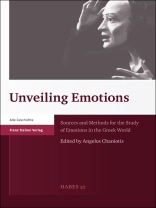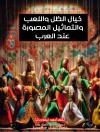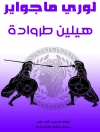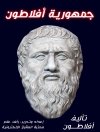This volume presents the first results of research conducted on ‘The Social and Cultural Construction of Emotions: The Greek Paradigm’ by a research group in Oxford funded by the European Research Council. The project aims at contributing to a better understanding of the social and cultural factors that determine the manifestation of emotions in texts (papyri, inscriptions, literary sources) and in the material evidence from the Greek and Greek-speaking world (c. 800 BCE – c. 600 CE). The four introductory chapters address problems in the study of emotions in antiquity. They are followed by ten case-studies in which the manifestation and arousal of emotions (fear, anger, envy, grief, hope) are studied in various contexts (religion, litigation, political life, art, private life) and in connection with a variety of media (narratives of miracles, dedications, curses, acclamations, petitions, condolence letters, forensic oratory, architecture, images).
Over de auteur
Angelos Chaniotis, Professor of Ancient History at the Institute for Advanced Study, was Principal Investigator of the project ˈThe Social and Cultural Construction of Emotions: the Greek Paradigmˈ in Oxford (2009–13). His current research focuses on the role of memory, emotions, and theatrical behavior in Greek society, and on the history of the night in Greek Antiquity.












